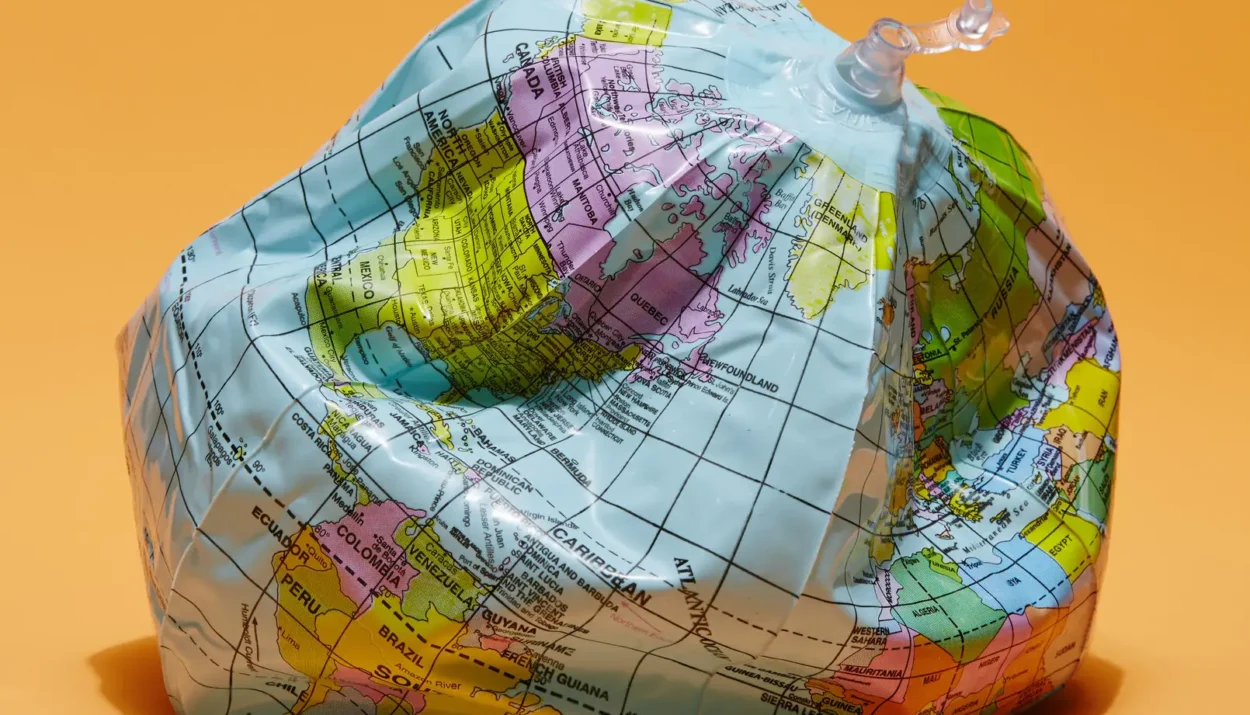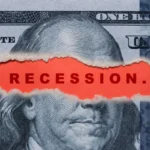As the world teeters on a new wave of anti-globalism, political polarization, and economic disruption, historians are looking back a century to the first collapse of globalization — and warning that we may be repeating the cycle.
A detailed opinion piece in The New York Times by historian Adam Tooze draws a sobering parallel between today’s turmoil and the post-World War I era, when advances in technology, trade, and migration promised an interconnected world—only to unravel in war, depression, and the rise of authoritarianism.
“Both moments of peak globalization came crashing down,” Tooze notes. “In epochal, generation-defining ways.”
From Boom to Backlash—Twice
In the late 1800s and early 1900s, steamships, telegraphs, and free movement turned cities like London into global marketplaces. Economist John Maynard Keynes once observed that a Londoner could sip tea from India and eat toast from Kansas, all while reading the newspaper in bed. But World War I, followed by the Great Depression, crushed that dream.
Global trade, which made up 14% of global GDP in 1913, collapsed to just 6% by 1933. What followed was a wave of nationalism, economic isolation, and ultimately, fascism.
Now, Tooze argues, we are in another collapse. Trump’s sweeping tariffs, the economic scars of the pandemic, and rising authoritarianism all echo the chaos of the interwar period. The global system built after World War II is fraying under pressure—from inequality, populism, and a growing distrust in global institutions.
Today’s Parallels Are Unmistakable
- Tariffs and Trade Wars: Just as interwar Germany turned to self-sufficiency after Allied blockades, modern governments are rethinking reliance on imports. Trump’s tariffs, especially his new reciprocal tariff regime, mirror Mussolini’s “Battle for Grain.”
- Migration and Scapegoating: Jews, communists, and immigrants were scapegoated in the 1930s. Today, anti-immigrant rhetoric has fueled populist movements from Hungary to the U.S., with trans people, migrants, and globalists cast as villains.
- Global Crisis as Catalyst: World War I disrupted trade and triggered political upheaval. In our time, the Covid pandemic did the same—exposing fragile supply chains, inflaming inflation, and accelerating nationalist politics.
- Elite Myopia: Like Keynes and Zweig, today’s elites often overlook the uneven impact of globalization. The winners—wealthy, mobile, and connected—benefit, while others in deindustrialized regions bear the costs.
Can the Collapse Be Prevented?
The 1944 Bretton Woods Agreement, post-WWII safety nets, and FDR’s New Deal helped stabilize democracy and soften globalization’s blow. Tooze warns that unless we create a modern version of these protections—“Bretton Woods II”—we may repeat the darkest chapters of the 20th century.
“Hopefully it will not take World War III to get us there,” he writes.
Solutions could include:
- Major investment in social safety nets
- Skills-based and humane migration reform
- Restructured global trade rules that balance openness with domestic resilience
- Education and vocational training to spread globalization’s gains more equally
The Verdict: A Warning—and a Choice
The collapse of globalization once led to catastrophe. This time, we still have a chance to steer a different course. But it will require recognizing the pain globalization has caused, and rebuilding institutions that protect both prosperity and dignity.
As Tooze concludes, “Resolving tensions between globalization and equality is one of the most urgent tasks of our time—and our future rests upon it.”
Related: JPMorgan now sees a US recession this year
Trump Announces Tiered Tariffs on China, EU, India, Others — “This Is Just the Start”
‘No Winner In A Trade War’: China, EU And Others React To Trump’s Reciprocal Tariffs
This Is the Largest Tax Shock in Nearly 60 Years
Here’s What Will Cost More After Trump’s Tariffs: Coffee, Cars, More
Trump: ‘Markets Are Going to Boom’
China announces extra 34% tariffs on US goods
TikTok Sale Stalls As China Rejects Trump Deal After Tariff Escalation
Where’s gold? Germany’s conservatives sound alarm over reserves in US










